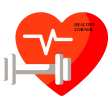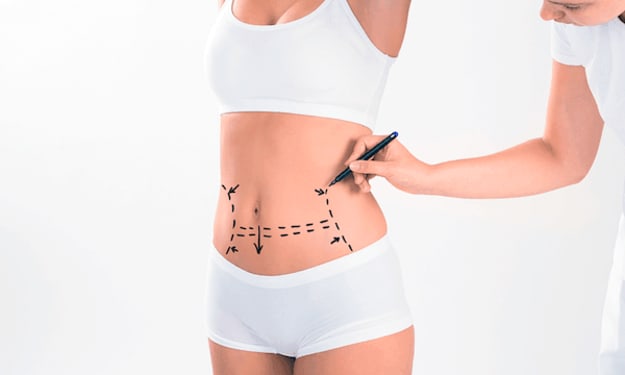Don't let pimples dim your confidence. Fight back with a skincare routine that nurtures your skin and restores your glow.
Get rid of pimple.

Getting rid of pimples is a common goal for many individuals seeking clear and healthy skin. Acne, often known as pimples, can make you feel embarrassed and frustrated. Fortunately, there are various approaches to address and eliminate pimples, ranging from simple home remedies to medical interventions.
One of the key aspects of tackling pimples is establishing a consistent skincare routine. This includes cleansing the skin thoroughly using a mild cleanser to remove dirt, oil, and impurities that can contribute to acne formation. Regular exfoliation helps remove dead skin cells and unclog pores, reducing the likelihood of breakouts. Additionally, using moisturizers specifically formulated for acne-prone skin helps maintain skin hydration without exacerbating acne.
Another crucial factor in getting rid of pimples is adopting a healthy lifestyle and diet. Consuming a balanced diet that is low in processed foods and high in fruits, vegetables, and whole grains can have a positive impact on skin health. Staying hydrated by drinking an adequate amount of water throughout the day helps flush out toxins and maintain skin hydration. Managing stress levels through practices like exercise, meditation, or engaging in hobbies can also contribute to clearer skin.
Home remedies can be effective in treating individual pimples. Natural ingredients such as tea tree oil, known for its antibacterial properties, can be applied topically to target and reduce inflammation. Honey and aloe vera are other commonly used ingredients due to their soothing and healing properties. Additionally, steam treatments can help open up pores, allowing for deeper cleansing and reducing the appearance of pimples.
Over-the-counter treatments provide accessible options for combating pimples. Products containing active ingredients like benzoyl peroxide or salicylic acid are widely available and can help reduce inflammation, kill bacteria, and exfoliate the skin. Selecting the right products for one's specific skin type and following proper application instructions are crucial for optimal results.
In cases where pimples persist or become severe, consulting a dermatologist may be necessary. Prescription medications, such as topical creams or oral antibiotics, can be prescribed to target stubborn acne. Hormonal therapies may be recommended for individuals with hormonal acne. In-office treatments like chemical peels or laser therapy are also available to address more severe or persistent cases of acne.
Preventive measures play a significant role in getting rid of pimples and preventing future breakouts. Maintaining proper hygiene by regularly washing the face, avoiding touching or picking at pimples, and using non-comedogenic (non-pore-clogging) skincare products can help prevent acne formation. Identifying and avoiding individual acne triggers, such as certain foods or environmental factors, can also be beneficial.
It's important to note that each person's skin is unique, and what works for one individual may not work for another. It's advisable to consult with a dermatologist or skincare professional to develop a personalized treatment plan based on individual skin type, concerns, and medical history. With patience, consistency, and the right approach, it is possible to effectively get rid of pimples and achieve clearer, healthier skin.
Skincare Routine
A skincare routine is a series of steps and products designed to nourish, protect, and maintain the health and appearance of the skin. It involves consistent practices that address specific skincare concerns and promote a clear, radiant complexion. A well-rounded skincare routine typically includes cleansing, exfoliating, moisturizing, and protecting the skin from environmental damage.
Cleaning is the first step in a skincare regimen. This involves using a gentle cleanser to remove dirt, oil, impurities, and makeup that accumulate on the skin's surface throughout the day or night. Cleansing helps unclog pores, prevent breakouts, and prepare the skin for the absorption of subsequent skincare products.
Exfoliation is a crucial part of keeping your skin healthy. It involves removing dead skin cells, promoting cell turnover, and revealing a fresh layer of skin. Exfoliating can be done using physical exfoliants (such as scrubs or brushes) or chemical exfoliants (like alpha hydroxy acids or beta hydroxy acids). This step helps to unclog pores, reduce dullness, and improve skin texture.
After cleansing and exfoliating, moisturizing the skin is crucial. Moisturizers help to hydrate the skin, restore its moisture barrier, and maintain its elasticity. They come in various formulations, such as creams, lotions, or gels, and should be chosen based on skin type and individual needs. Moisturizers provide essential nourishment, protect against moisture loss, and can help address specific concerns like dryness, oiliness, or sensitivity.
About the Creator
Ravindu Laksara
Good health is not something we can buy. However, it can be an extremely valuable savings account.






Comments
There are no comments for this story
Be the first to respond and start the conversation.